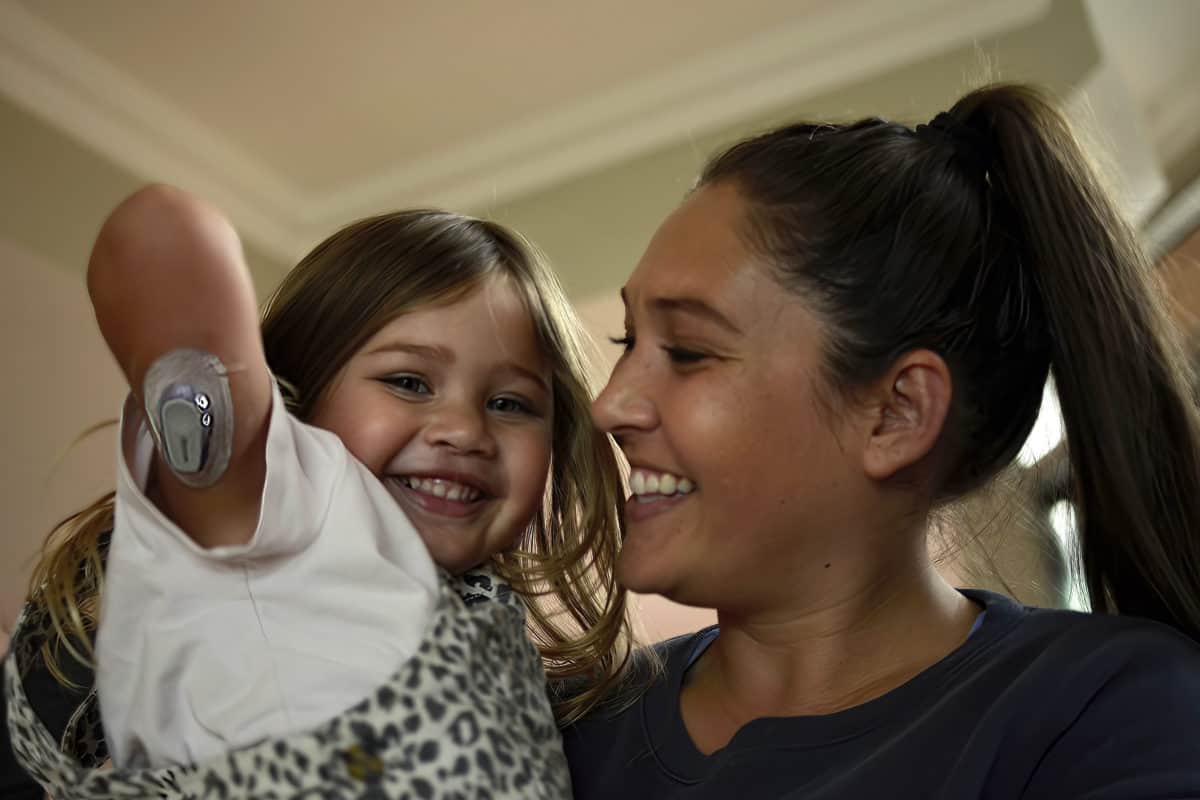Symposium: Transforming Lives – 100 years of insulin, 24 November 2022
24 November 2022
A half day symposium in the Grand Hall at Parliament, and online, that celebrated the many lives that have been saved since the first person with diabetes received insulin treatment.
Healthier Lives joined forces with the Edgar Diabetes and Obesity Research Centre (EDOR), Diabetes NZ and Lions NZ District 202F, to highlight the importance of technologies that assist in the management of diabetes, and why these devices should be accessible to all who need them in Aotearoa New Zealand.
Welcome to Transforming Lives
Hon Dr David Clark (MP for Dunedin)
100 years of insulin
Setting the scene
Professor Jim Mann (University of Otago)
60+ years on insulin
Mr Neil Stockdill (Ashburton)
Early origins of type 1 diabetes
Professor Jenny Couper (University of Adelaide)
Technologies for diabetes management
Automated Insulin Delivery – the gold standard for current type 1 diabetes management
Associate Professor Ben Wheeler (University of Otago)
Technologies and best care for type 2 diabetes – how do we fare in Aotearoa New Zealand?
Dr Ryan Paul (University of Waikato)
New technologies and ultra-rapid acting insulin: transforming sport and physical activity for people living with type 1 diabetes
Dr Damian Wiseman (Paralympics NZ)
Towards equitable access to diabetes technologies in Aotearoa
Advocacy story from Australia on pathway to continuous glucose monitoring funding
Ms Renza Scibilia (Diabetes Australia)
The life-changing experience of continuous glucose monitoring
Ms Brianna Veale (Wellington)
Continuous glucose monitoring and the whānau
Ms Brianna Veale, Ms Shelley McLaughlin, Assoc Prof Ben Wheeler
Diabetes NZ Awards Ceremony
Presentation of Awards and concluding remarks
Ms Catherine Taylor (Diabetes NZ)
See the EDOR website for more details: www.otago.ac.nz/diabetes
Download the poster [PDF].
View the programme [PDF]


